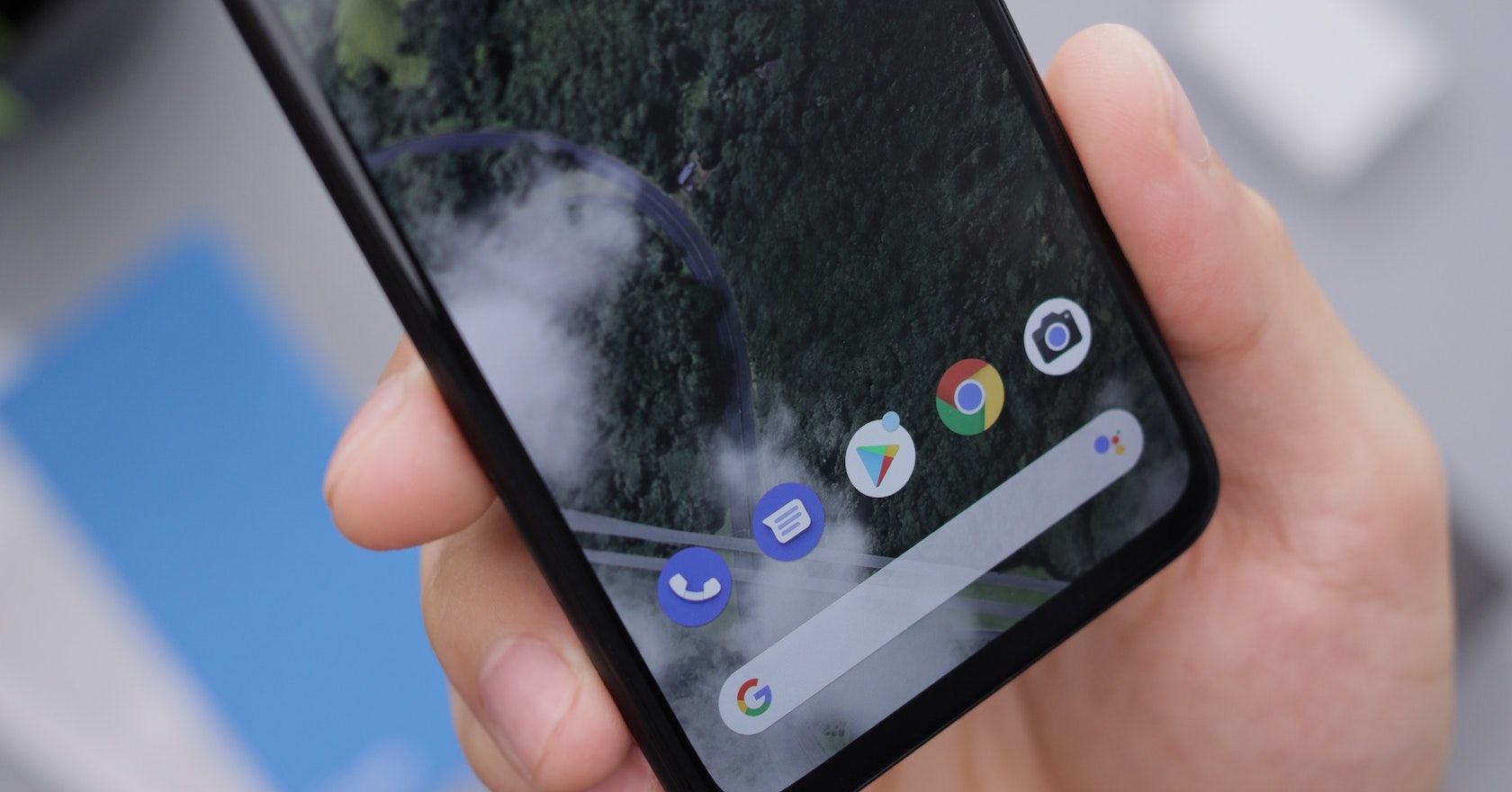Google's upcoming Pixel phones will reportedly feature its in-house developed ''Whitechapel'' SoC (System-on-Chip) platform that's being referred to internally as "GS101." The new chipset will mark its debut on phones codenamed "Raven" and "Oriole," which will presumably be called the Pixel 6 and Pixel 5a 5G.
Google has so far sourced the SoCs for its Pixel devices from Qualcomm, just like almost every other major Android OEM. However, the company has been working on a custom SoC for Pixels and Chromebooks since at least 2020.
Google Working With Samsung SLSI on New Pixel SoCs
Internal documents seen by 9to5Google indicate that "Whitechapel" is Google's effort to create a custom SoC for Chromebooks and Pixel devices. The first chip that will be released as a part of this platform will be the "GS101," with the 'GS' likely standing for "Google Silicon."
The internal documents use "Whitechapel" in connection with "Slider," which is linked to Samsung's Exynos chips. The references in the document point to Google working with Samsung's SLSI division for the SoC.

This means the chip may have some similarities with Samsung's Exynos platform, including software components. Samsung will likely fabricate the Google Silicon chip on its 5nm foundries.
XDA corroborated this report and claimed the internal documents point to the "GS101" SoC featuring a 3 cluster setup with a TPU (Tensor Processing Unit). The documents also refer to the next Pixel phones as "dauntless-equipped phones," which likely points to them featuring an integrated Titan M chip.
The "GS101" is expected to debut inside the Pixel 6 and Pixel 5a 5G and not the budget-oriented Pixel 5a, which is rumored to launch in June 2021.
Google has developed custom chips for its devices before. In 2017, the company worked with Intel on the Pixel Visual Core for the Pixel 2 to boost its image processing capabilities.
A Custom SoC Will Allow Google to Support Pixel Devices for a Long Time

Apple is the only company that develops SoCs for products in-house, which gives their products an advantage both in terms of power and efficiency. This is also why Apple can support iPhones and iPads for 5+ years after their initial release.
Google's custom SoC efforts will provide it with the same benefits. It will no longer have to rely on Qualcomm for driver updates, which in turn will allow it to support its Pixel phones for longer.
Right now, Pixel phones are promised 3 generations of Android OS updates. This could easily be bumped to five years by Google if it has full control over the entire hardware stack.